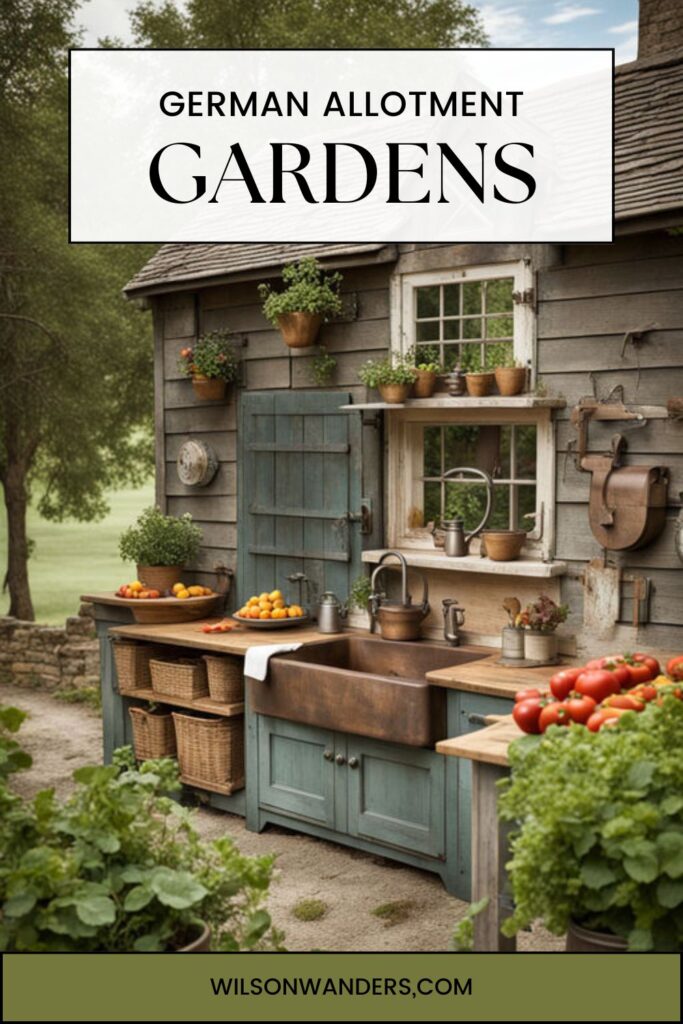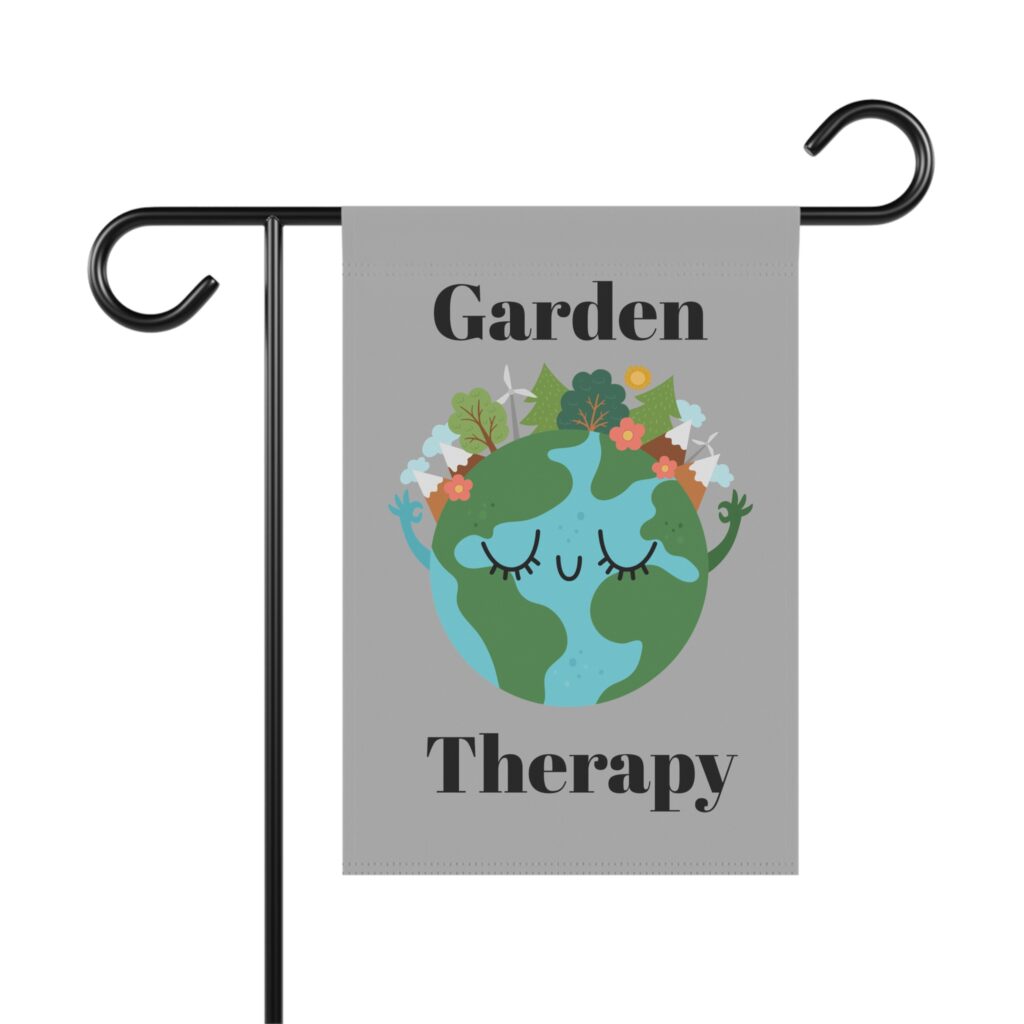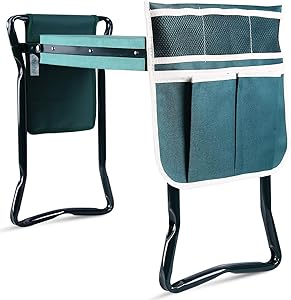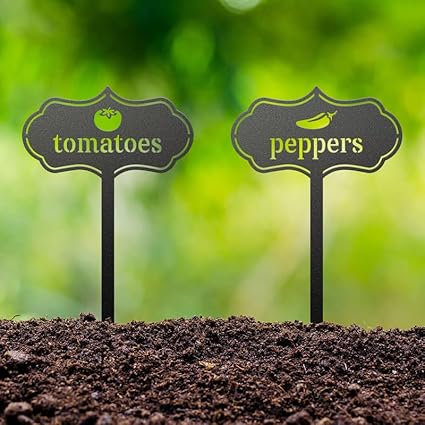
Germany is renowned for its picturesque landscapes, rich history, and vibrant culture. Among the many unique aspects of German lifestyle, garden huts, or “Gartenlauben,” hold a special place. These small structures, often found in allotment gardens, are more than just storage spaces; they are a testament to Germany’s deep-rooted gardening tradition and community spirit.
The Tradition of Allotment Gardens
Allotment gardens, known as “Schrebergärten” or “Kleingärten,” have a long history in Germany, dating back to the 19th century. Initially created to provide urban dwellers with a space to grow their own food, these gardens have evolved into cherished retreats for city residents. Each plot typically includes a garden hut, which serves as a focal point for family and friends to gather, relax, and enjoy nature.
Design and Functionality
Garden huts in Germany vary in design, reflecting the individuality of their owners. They range from simple wooden sheds to more elaborate structures with verandas, windows, and even small kitchens. Despite their differences, all garden huts share a common purpose: they provide a comfortable space to store gardening tools, relax after a day of work, and entertain guests. Some huts are adorned with charming decorations, flowers, and personalized touches, making them a cozy extension of the garden itself.
A Place for Social Connection
Garden huts are not just about gardening; they are about community. In many German cities, allotment gardens form vibrant social networks. Gardeners often exchange tips, share produce, and celebrate festivals together. The garden hut becomes a social hub, where people can enjoy a cup of coffee, a barbecue, or a quiet afternoon reading a book. This sense of community is a vital aspect of the German allotment garden culture, fostering friendships and a sense of belonging.
Seasonal Activities
The use of garden huts varies with the seasons. In spring and summer, they are bustling with activity as gardeners plant, water, and harvest their crops. The long days and pleasant weather make them ideal for hosting outdoor meals and gatherings. In autumn, the huts provide a place to prepare for winter, storing harvested produce and garden equipment. Even in winter, some dedicated gardeners use their huts as a cozy retreat, enjoying the quiet beauty of a snow-covered garden.
Environmental and Health Benefits
Having a garden hut in an allotment garden offers numerous benefits. It encourages people to spend time outdoors, engage in physical activity, and connect with nature. Gardening is known to reduce stress, improve mental health, and promote a healthy lifestyle. Moreover, growing your own fruits and vegetables supports sustainability and self-sufficiency.
Conclusion
Garden huts in Germany are more than mere shelters for gardening tools; they are symbols of tradition, community, and a love for nature. These charming structures enrich the lives of their owners, providing a space for relaxation, socialization, and a deeper connection with the environment. Whether you are an avid gardener or simply appreciate the beauty of these quaint huts, they offer a glimpse into a cherished aspect of German culture.
Click on Images Below to Shop
As an Amazon Associate I earn from qualifying purchases. Copyright ©2024 WilsonWanders.com




